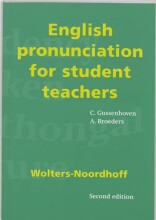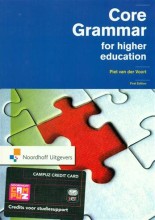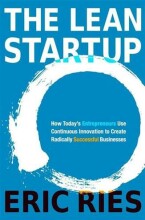History - The Medieval Period (1066 - 1458)
12 important questions on History - The Medieval Period (1066 - 1458)
What happened in 1066?
What is the significance of the year 1066?
What does the Norman invasion has to do with the beginning of the class system?
- Higher grades + faster learning
- Never study anything twice
- 100% sure, 100% understanding
Discribe the dominance of England over the other nations in the medieval period.
Describe the English dominance in the medieval period.
Describe the language and cultural developments in the different nations in the 13th century.
Discribe the 'split of Scotland'. in medieval times.
Who was Robin Hood?
The English class system distincts classes by language and social class. What language do the peasants speak?
What is the importance of Thomas Becket for 14th century literature?
Important dates in The Medieval period (1066-1458)
- 1066 = The Battle of Hastings (the most famous date in English history!)
- 1086 = King William completes his Domesday Book, a very detailed record of the people and their possessions throughout his kingdom.
- 1170 = The murder of Thomas Becket, Archbishop of Canterbury
- 1215 = Magna Carta
- 1295 = The model Parliament sets the pattern for the future by including elected representatives from urban and rural areas.
- 1328 = Scotland is recognized as an independent kingdom
Describe the beginning of Parliament.
The question on the page originate from the summary of the following study material:
- A unique study and practice tool
- Never study anything twice again
- Get the grades you hope for
- 100% sure, 100% understanding






























